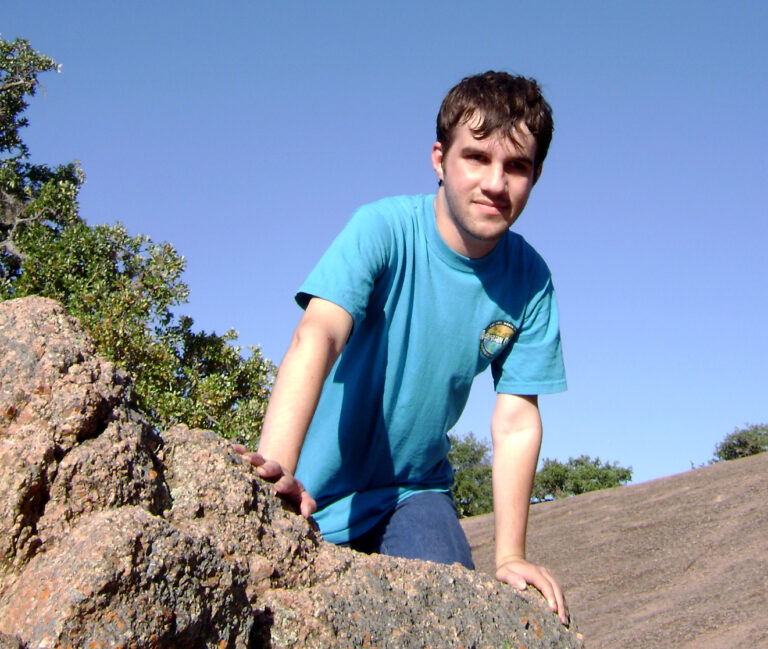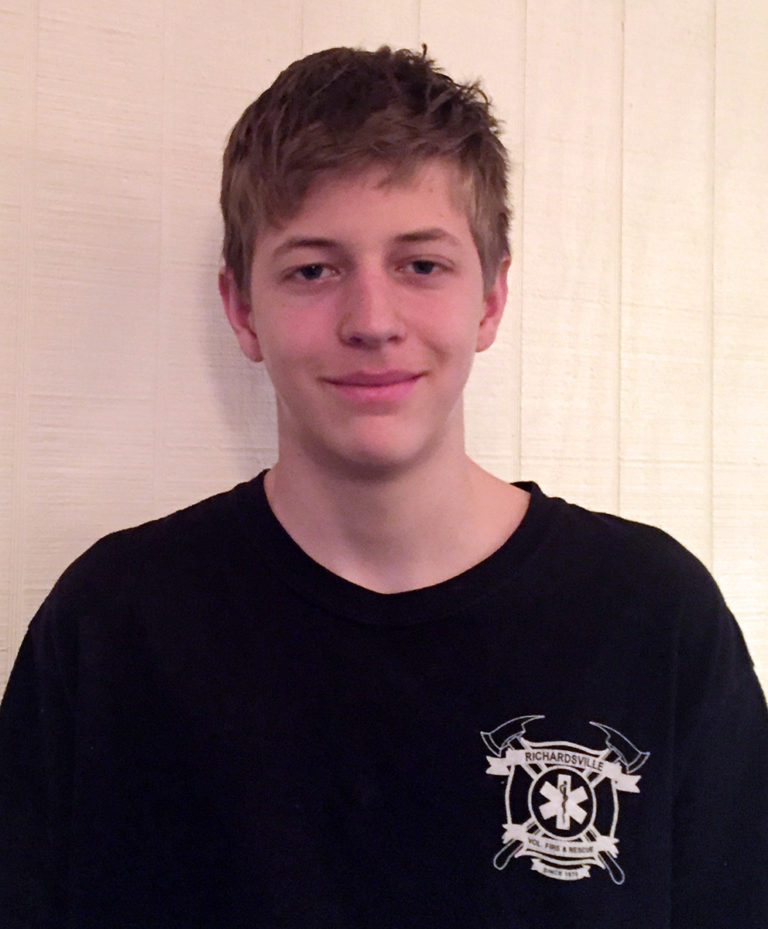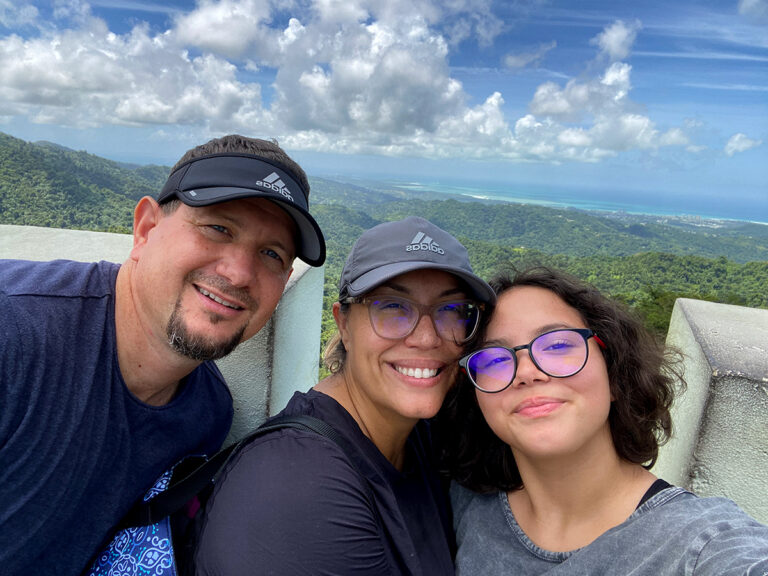Central Auditory Dysfunction: “Travis”
 When Travis was 2 years old, I began to suspect that something was wrong. He wasn’t talking except for a few words û maybe a phrase now and then. I took him to a speech pathologist in the public school system who evaluated him at being 1 year behind in his language development. She called it a “mild delay.” At that point, we began therapy. However, at the end of each session the therapist would describe Travis’ problem in extremely negative terms. As I watched my son’s eyes drop in disappointment with himself, I knew I could not continue to subject him to this criticism.
When Travis was 2 years old, I began to suspect that something was wrong. He wasn’t talking except for a few words û maybe a phrase now and then. I took him to a speech pathologist in the public school system who evaluated him at being 1 year behind in his language development. She called it a “mild delay.” At that point, we began therapy. However, at the end of each session the therapist would describe Travis’ problem in extremely negative terms. As I watched my son’s eyes drop in disappointment with himself, I knew I could not continue to subject him to this criticism.
At 3 I took Travis to a private speech pathologist. He was evaluated and given the label of central auditory dysfunction. His auditory comprehension was measured at the 18 month level. I was horrified. Travis began therapy, but his aggressive behavior and hyperactivity made it difficult. Soon it became impossible for him to continue.
Travis was 4 when I had him tested by another school system. He scored in the normal range on most of his tests, therefore, he did not qualify for any preschool therapy. (I was told by another professional in the same school system that he belonged in a “disability class.” Also, he was diagnosed with a “mild processing problem.” I could not believe it! A “mild” processing problem? It didn’t seem to matter that Travis could not understand a storybook or comprehend a movie or TV program. Some mothers don’t realize how lucky they are just to be able to read a book to their child or enjoy a movie together. Of course, we could do neither, especially because Travis avoided situations that required him to “listen.”
No longer trusting the professionals, I worried and waited for an answer. I really didn’t know where to look for information. I began doing research on hyperactivity and discovered the Feingold Association—a support organization for children with chemical sensitivities. Travis began the Feingold diet and after 4 days he was no longer hyperactive. This made it possible to enroll him in a Montessori preschool program.
After Travis was on the Feingold Program for 6 months, I read an article in their newsletter by Robert J. Doman, Jr. I couldn’t believe it û information on processing problems! Even more incredible—what to do about them!
I made an appointment with Bob at NACD but was worried. Would Travis cooperate with him? My fears were unfounded. Bob had no trouble testing Travis. I was touched when Bob talked to Travis in 2-word phrases. It was the first time I had ever seen someone talk to Travis where he actually understood what was being said. Finally, someone who really knew how to talk to him.
The program designed for Travis was very individualized. It was geared to meet his specific needs. It was wonderful to actually get answers to my questions instead of the usual “beating around the bush.” I knew, finally, that we were doing the right thing for our son.
After 3 months Travis went for his second evaluation. He had progressed 2 developmental years in his auditory comprehension. He was beginning to be interested in books and programs on TV. His language improved and he began using more appropriate words. He was using longer sentences and comprehending longer ones. At Travis’ third evaluation he was as Bob said “talking up a storm.”
How do I thank someone for fixing my child? A simple thank you is not enough. When I read bedtime stories to my son and I see the flicker of understanding in his eyes my world is complete. It is at these times û when I see he really “hears” me—that I feel I am touching him for the very first time.
I thank Bob Doman for his relentless dedication to children. He has done nothing short of saving my son’s life. Now he can have a life. He has been freed from a world of confusion and so have I.





